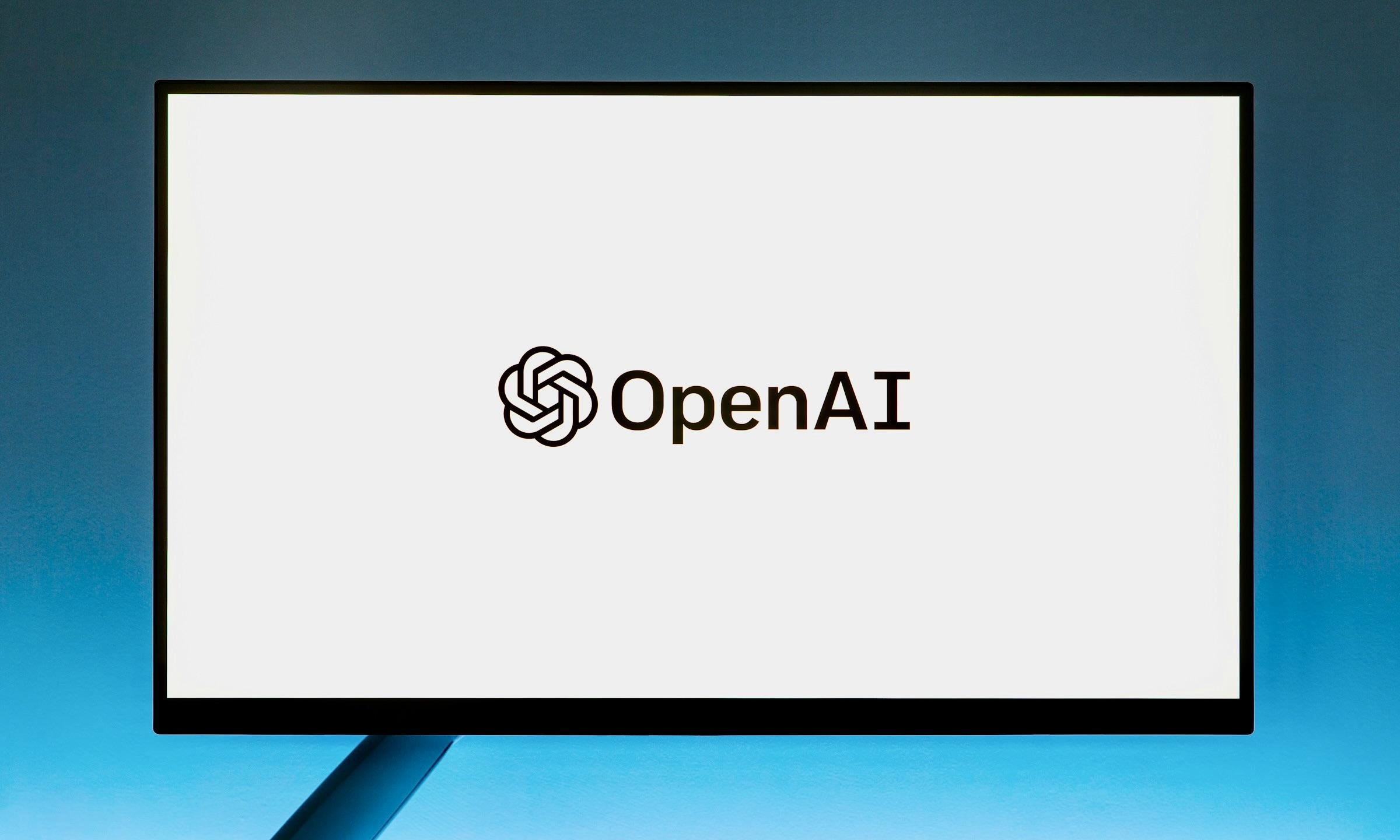A group of 12 former OpenAI employees have filed a legal brief in support of Elon Musk’s lawsuit against OpenAI, highlighting growing internal concerns over the company's shift away from its original nonprofit mission. The brief, submitted Friday, claims that removing the nonprofit’s controlling oversight would “fundamentally violate” OpenAI’s founding purpose: to develop artificial intelligence for the benefit of humanity, not for corporate profit.
Musk, who co-founded OpenAI in 2015 but later departed, sued the organization and CEO Sam Altman last year, alleging that OpenAI strayed from its core humanitarian mission. The former employees—who held technical and leadership roles—argue that the nonprofit structure was critical not only to strategy but also for attracting talent inspired by its altruistic goals. They maintain that altering this structure compromises the integrity of the company’s work and long-term vision.
OpenAI, however, claims the structural change is necessary to attract investor funding. The company argues that while the nonprofit may lose direct control, it will retain a financial stake expected to grow in value—thereby enhancing its ability to pursue its mission.
OpenAI stated, “Our Board has been very clear: our nonprofit isn’t going anywhere and our mission will remain the same.” The company is under pressure to finalize the transition by year-end to close a $40 billion funding round. A jury trial over Musk’s lawsuit is scheduled for spring next year.
Meanwhile, Musk has launched his own AI venture, xAI, in 2023. Altman claims Musk’s legal action is aimed at stalling a major competitor in the AI space.
The clash underscores growing tension between commercial expansion and ethical governance in AI development.



 Federal Judge Rules Trump Administration Unlawfully Halted EV Charger Funding
Federal Judge Rules Trump Administration Unlawfully Halted EV Charger Funding  Uber Ordered to Pay $8.5 Million in Bellwether Sexual Assault Lawsuit
Uber Ordered to Pay $8.5 Million in Bellwether Sexual Assault Lawsuit  Instagram Outage Disrupts Thousands of U.S. Users
Instagram Outage Disrupts Thousands of U.S. Users  Anthropic Eyes $350 Billion Valuation as AI Funding and Share Sale Accelerate
Anthropic Eyes $350 Billion Valuation as AI Funding and Share Sale Accelerate  CK Hutchison Launches Arbitration After Panama Court Revokes Canal Port Licences
CK Hutchison Launches Arbitration After Panama Court Revokes Canal Port Licences  Tencent Shares Slide After WeChat Restricts YuanBao AI Promotional Links
Tencent Shares Slide After WeChat Restricts YuanBao AI Promotional Links  CK Hutchison Unit Launches Arbitration Against Panama Over Port Concessions Ruling
CK Hutchison Unit Launches Arbitration Against Panama Over Port Concessions Ruling  SpaceX Prioritizes Moon Mission Before Mars as Starship Development Accelerates
SpaceX Prioritizes Moon Mission Before Mars as Starship Development Accelerates  Trump Lawsuit Against JPMorgan Signals Rising Tensions Between Wall Street and the White House
Trump Lawsuit Against JPMorgan Signals Rising Tensions Between Wall Street and the White House  Nvidia Nears $20 Billion OpenAI Investment as AI Funding Race Intensifies
Nvidia Nears $20 Billion OpenAI Investment as AI Funding Race Intensifies  Supreme Court Signals Doubts Over Trump’s Bid to Fire Fed Governor Lisa Cook
Supreme Court Signals Doubts Over Trump’s Bid to Fire Fed Governor Lisa Cook  SoftBank Shares Slide After Arm Earnings Miss Fuels Tech Stock Sell-Off
SoftBank Shares Slide After Arm Earnings Miss Fuels Tech Stock Sell-Off  Trump Administration Sued Over Suspension of Critical Hudson River Tunnel Funding
Trump Administration Sued Over Suspension of Critical Hudson River Tunnel Funding  TSMC Eyes 3nm Chip Production in Japan with $17 Billion Kumamoto Investment
TSMC Eyes 3nm Chip Production in Japan with $17 Billion Kumamoto Investment  Minnesota Judge Rejects Bid to Halt Trump Immigration Enforcement in Minneapolis
Minnesota Judge Rejects Bid to Halt Trump Immigration Enforcement in Minneapolis  Nasdaq Proposes Fast-Track Rule to Accelerate Index Inclusion for Major New Listings
Nasdaq Proposes Fast-Track Rule to Accelerate Index Inclusion for Major New Listings 





























